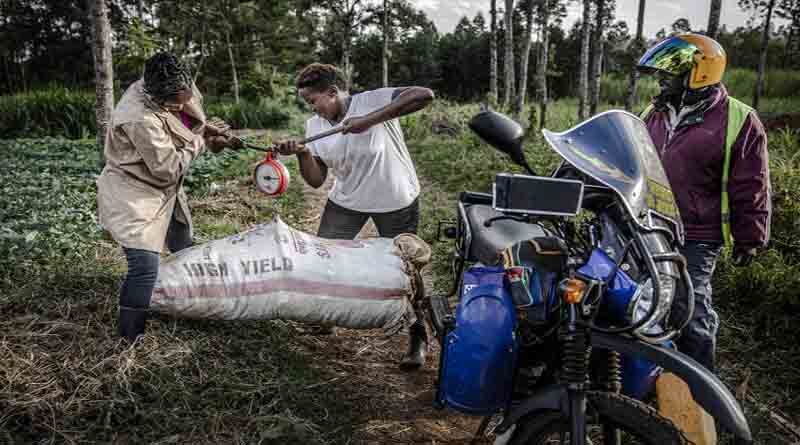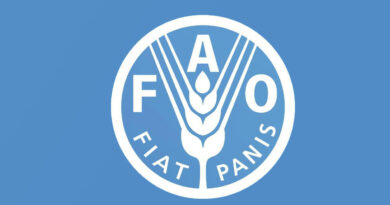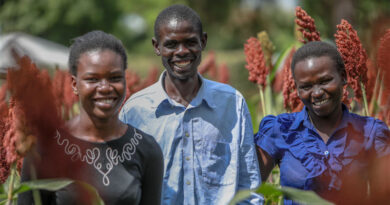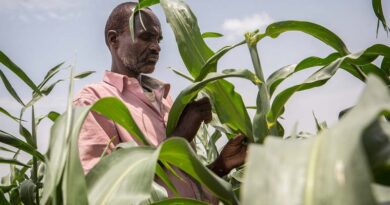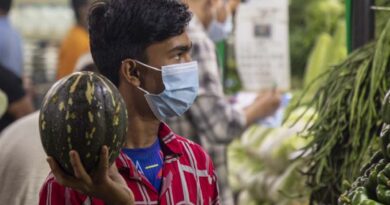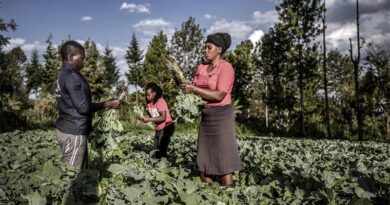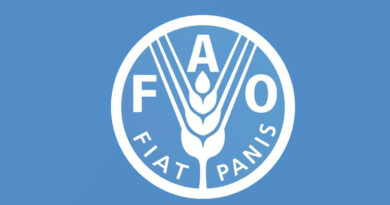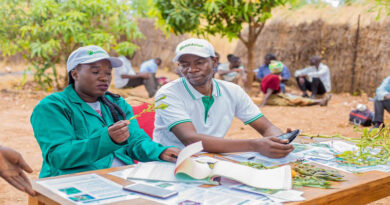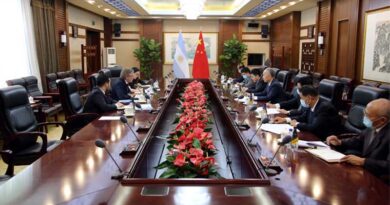Young people and innovation must drive Africa’s agri-food systems transformation
01 July 2021, Lilongwe/Rome: The Director-General of the Food and Agriculture Organization of the United Nations, QU Dongyu, today encouraged African leaders to engage universities and young people in the much needed agri-food systems transformation on the continent.
“Young people must be at the centre of any strategy for ‘building back better’ and transforming our current agri-food systems,” he said.
Qu was speaking at an online Pre-UN Food Systems Summit Dialogue for African Heads of State, hosted by the Government of Malawi and the Regional Universities Forum for Capacity Building in Agriculture (RUFORUM).
Agriculture in the region provides employment to 60 percent of young people, and 10 to 12 million new jobs need to be created annually over the next 20 years to employ new labour market entrants, taking into account Africa’s booming population growth.
The President of Malawi, Lazarus McCarthy Chakwera, convened the meeting with the African Heads of State and Governments, saying his country was greatly honoured to be hosting the “significant and historic event,” and hoped the UN Food Systems Summit could create food systems that “can sustain Africa and the world.”
Today’s online event brought together political leaders, prominent academics and other stakeholders based in Africa and around the world. In a major development, they agreed on a Summit Declaration that will be a vital contribution to the 2021 Food Systems Summit in September and the Pre-Summit to be hosted by FAO in Rome 26-28 July.
At today’s meeting, Qu drew attention to the risk of food security worsening further this year because of the COVID-19 pandemic, and set out a series of steps to help transform agri-food systems for better production, better nutrition, a better environment and a better life for all.
Coupled with increased youth engagement in agriculture, Qu said greater digitalization and innovation in the sector are needed. Africa’s agri-food sector is estimated to evolve into a trillion-dollar market by 2030 which creates a scenario that is “ripe for innovation and investment,” in national and regional agri-food systems.
“Digitalization is rapidly becoming a game changer in agriculture – boosting productivity, profitability and resilience to climate change,” Qu said, adding that it could drive greater engagement from youth and women, and create employment opportunities across agri-food systems.
Despite some growth in digitalization over the last ten years, progress has been slow in serving smallholder farmers and small-to-medium agri-food enterprises, even though these groups are producing 80 percent of Africa’s agricultural output.
Also Read: Agriculture Minister Narendra Singh Tomar flags off Crop Insurance Week for Indian Farmers
Other invited Heads of State at today’s event included the President of the Republic of Benin, Patrice Guillaume Athanase Talon, the President of the Republic of Kenya, Uhuru Kenyatta, the President of the Republic of Liberia, George Weah, the Prime Minister of Mozambique, Carlos Agostinho do Rosário, the President of the Republic of Uganda, Yoweri Kaguta Museveni, and the President of the Republic of Zimbabwe, Emmerson Mnangagwa.
The Republic of Sudan and the Republic of Rwanda were also represented at the virtual event.
“Africa is always in my heart and we will work together to create a better future for all people,” Qu said.
Today’s event was one of a number of regional dialogues ahead of the Pre-Summit, that will take place in Rome from 26-28 July 2021 hosted by the Government of Italy, which will set the stage for the global event in September to look at the power of food systems to deliver progress on the UN Sustainable Development Goals (SDGs).

